DOE awards $2M to Ohio University to develop products for energy storage and motors from coal waste
Green Car Congress
MARCH 3, 2023
Ohio University’s Institute for Sustainable Energy and the Environment was awarded two of the six awards, one that explores how coal waste can be reimagined as energy storage and the second aims to develop ultra-conductive carbon metal composite wire for electric motors.



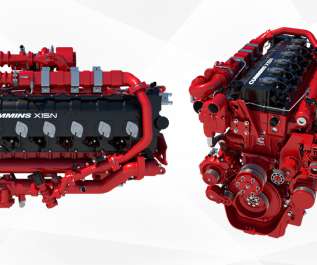



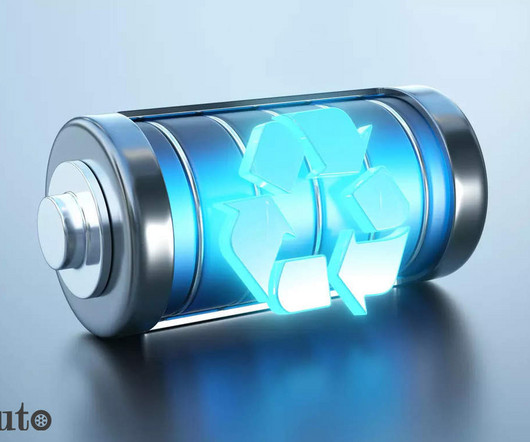
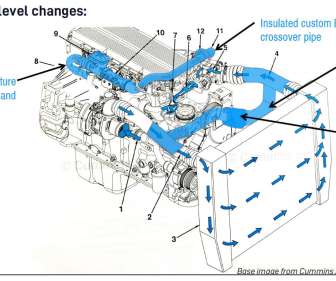






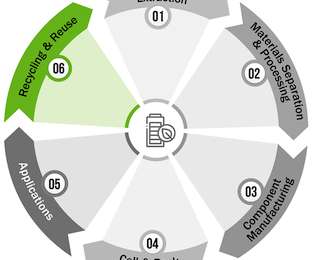













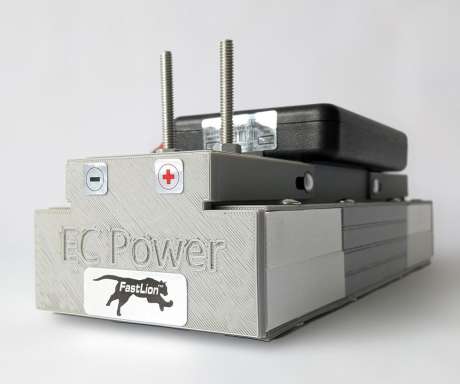


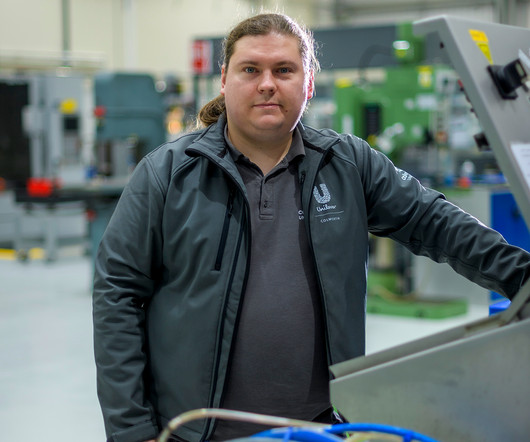

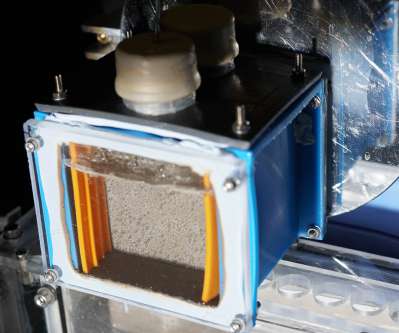







Let's personalize your content